- By Amy Brown

If you believe what the media tells us, we should feel nothing apart from overwhelming love, gratitude and excitement immediately when our baby is born.
- By Debbie Pope
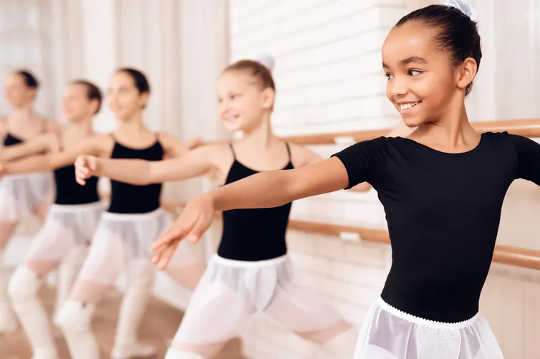
As a mother of three grown-up children, I vividly recall the panic I felt when the annual six-week summer school holidays approached.
- By Áine Aventin
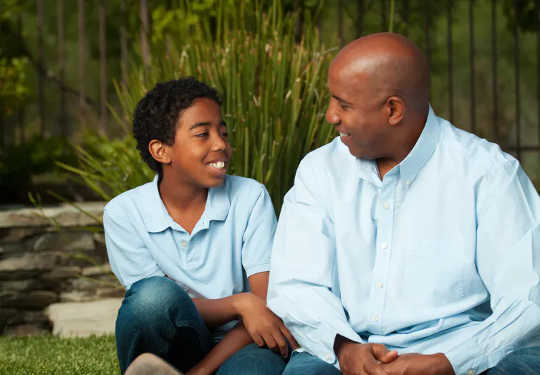
Parents and children need to be able to discuss sex – but often they avoid these conversations. Here are some tips that will help change these conversations from awkward to normal.
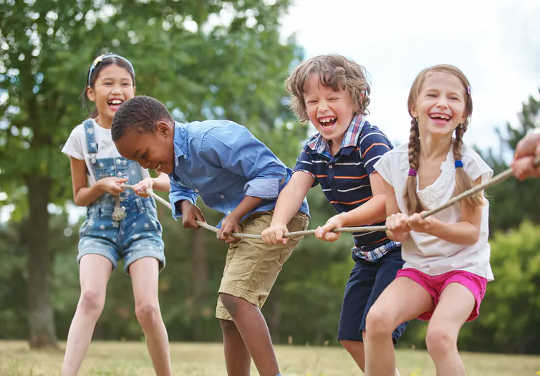
One fortunate aspect of COVID-19 is that children have been less directly affected by the disease.
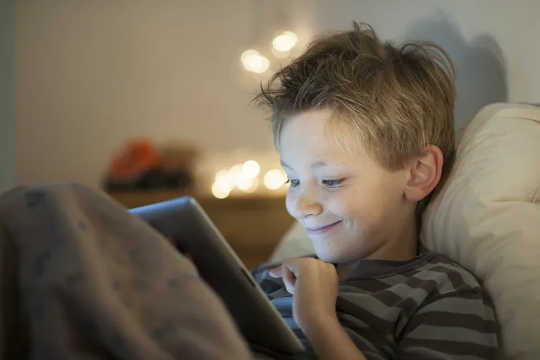
Children aged 8 and 9 who watched more than two hours of TV a day or spent more than one hour a day on a computer had lower scores than their peers on reading and numeracy at ages 10 and 11, our study has found.
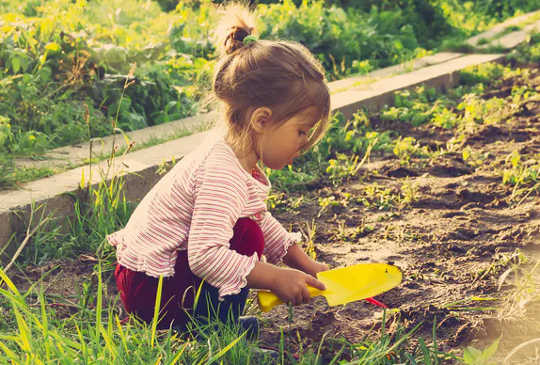
Over the past few decades, allergies and asthma have become common childhood diseases, especially in developed countries.
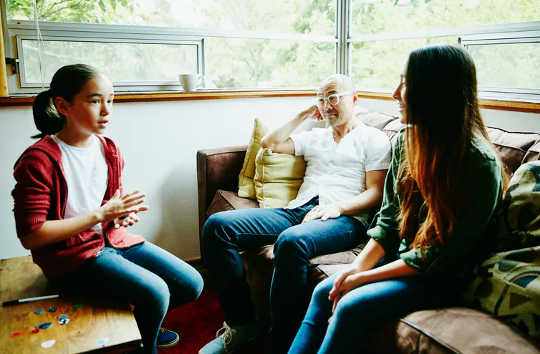
The choice between in-person learning, where available, and remote learning is a fraught one for parents.
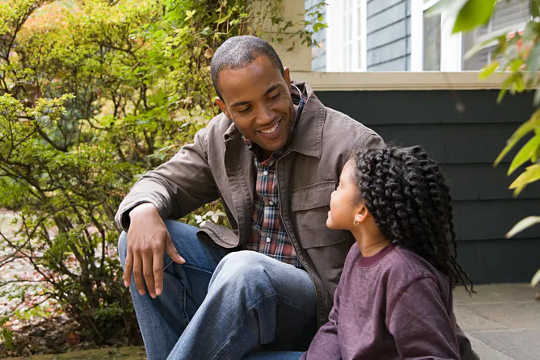
Research shows that due to COVID-19, parents and children are experiencing greater levels of anxiety and stress.
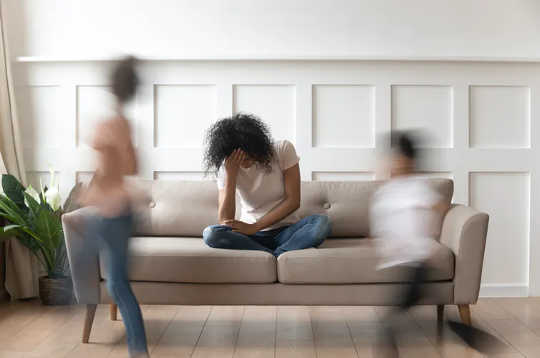
For most parents, to say the the COVID-19 pandemic has been stressful would be a dramatic understatement.
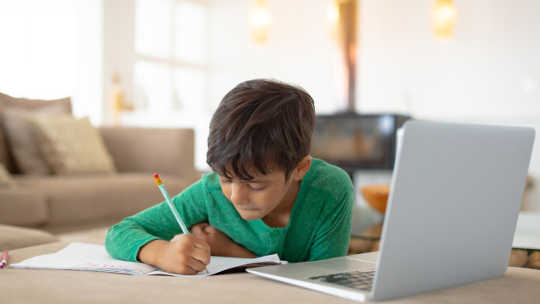
When nearly all U.S. brick-and-mortar schools suddenly closed in March 2020 and went online, large numbers of students simply didn’t log into class.
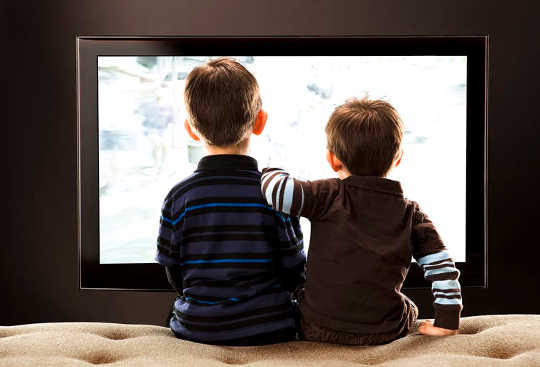
The news coverage on COVID-19 is pervasive, persistent, and in my view as a professor of psychiatry, perilous. Sometimes it seems as though the pandemic is all we talk about.

Dealing with the social and economic upheaval from the coronavirus pandemic will require the skills and talents of many types of professions – medical personnel, public health experts, parents, students, educators, legislators, enforcement authorities and many others.
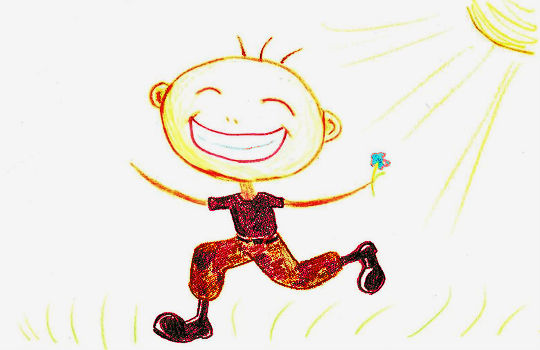
How do you help your child achieve a positive sense of worth? By teaching him how to appreciate himself. Do this by: 1. First, no matter how your child is behaving, find something within him to value and be grateful for. 2. Then, point out to your child the specific quality or action you are appreciating about him.
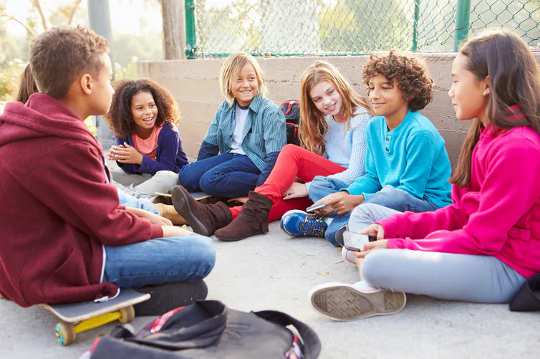
Every parent knows that sometimes your child says something that stops you in your tracks. Such a moment came for one of us, Emma Maynard, when her son Oscar was approaching his year 6 SATS tests at the end of primary school.
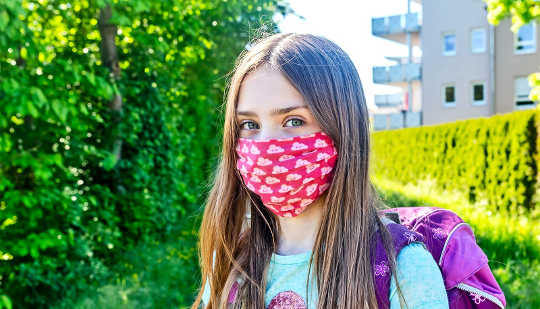
There are ways to ease the transition back to school for kids, parents, and caregivers during the COVID-19 pandemic.
- By Avril Rowley
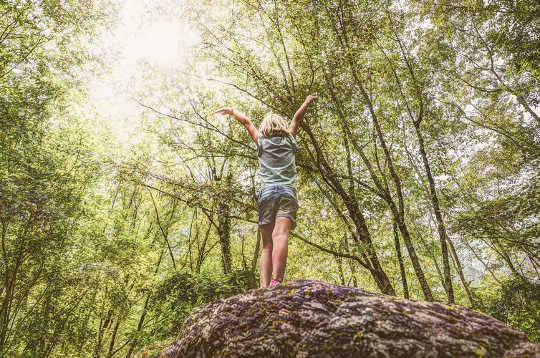
Most adults will remember spending much of their childhood playing outdoors without much parental supervision. But fears for children’s safety plus the demands of modern life mean many parents don’t allow their children the same freedoms.
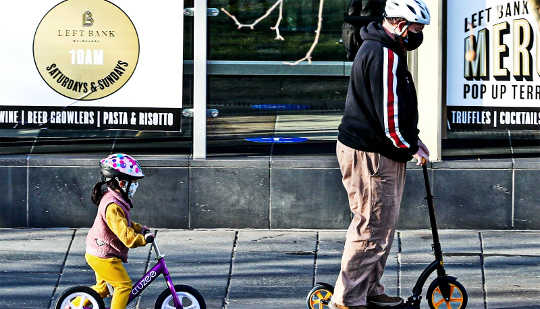
Having kids wearing a mask doesn’t have to be a daily battle, says a nursing expert.
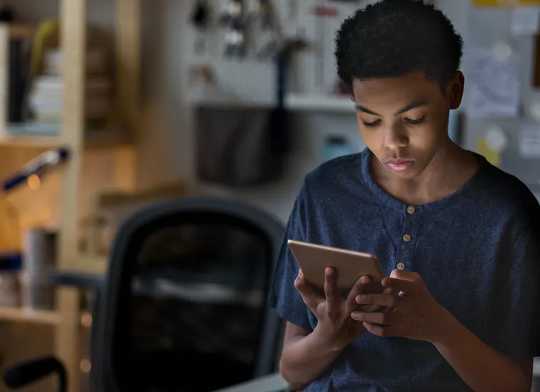
With the severity of the COVID-19 pandemic getting worse in most of the country, a growing number of school districts from San Francisco to Atlanta have determined that a return to daily in-person instruction isn’t yet safe or viable.
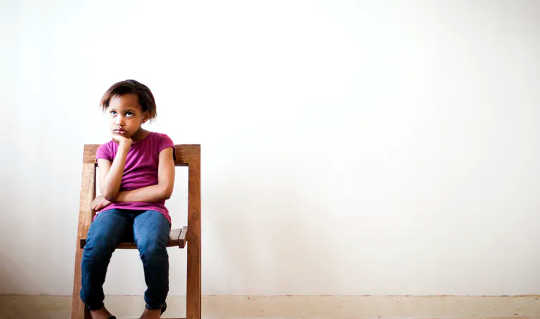
With parents spending more time with their children than usual due to the COVID-19 pandemic, their need for discipline that works is greater than ever. Fortunately, there are some proven techniques.
- By Meg Sorg
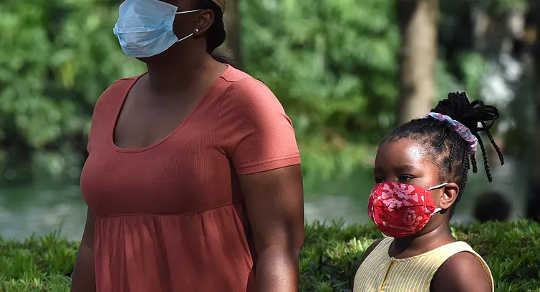
I’m a pediatric nursing professor with four young children. The youngest is 9 months old and the oldest is 9. My oldest will soon enter third grade, and his brother will be in second.

During the first few months of 2003, I was taught something remarkable by 123 children, from 2 to 13 years of age. There is something remarkable about kids: they experience life in a way that expresses deep and profound wisdom. Their wisdom is born of their own connection to life and to living things.

Millions of working parents have spent months largely trapped in their homes with their children.
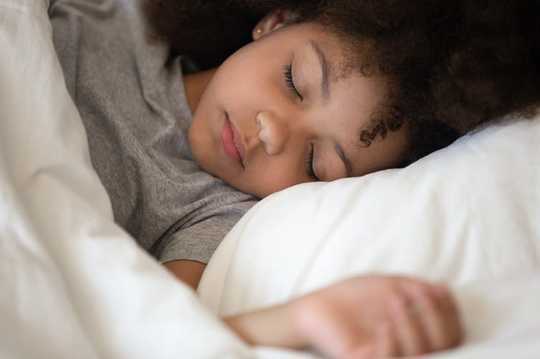
For some parents, getting their child into bed is a struggle that can take hours. Others get up at midnight to help their child fall back to sleep. Sleep problems like these affect one in four kids — and their parents, too.














